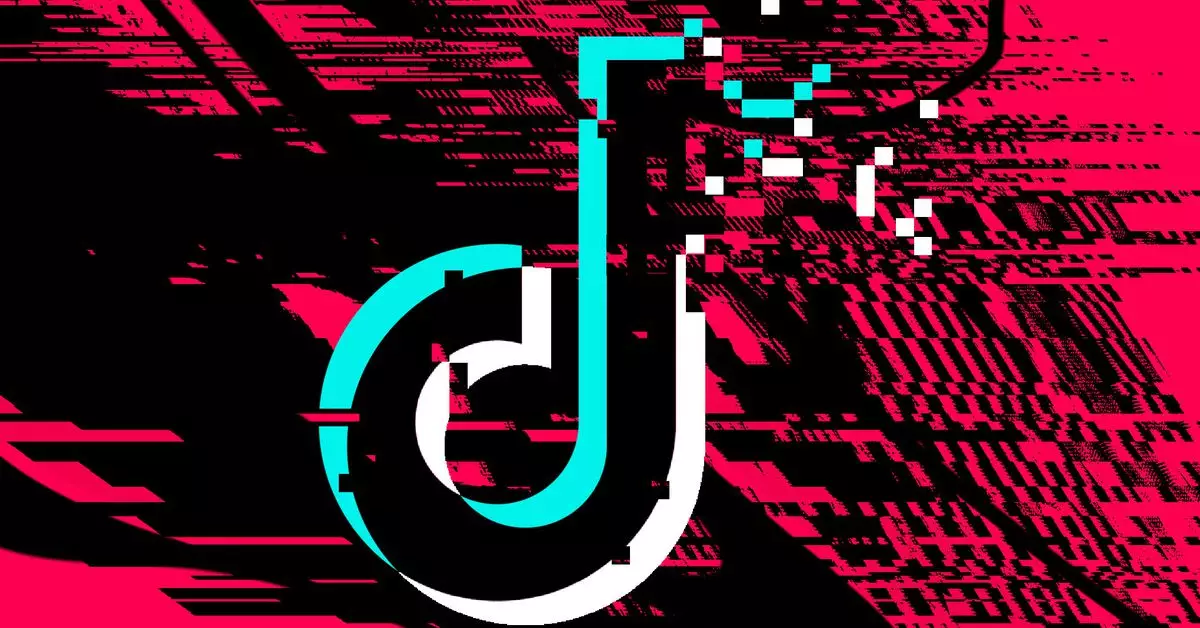TikTok finds itself at a precipice as the deadline for a potential ban looms, a situation compounded by the complex dance of politics, technology, and national security. This article explores the ramifications of the impending decision, the positions of key stakeholders, and the broader implications for the tech industry and consumers alike.
On January 19th, TikTok announced it would be compelled to “go dark” if the outgoing Biden administration did not provide assurances regarding legal liabilities for its key service providers, including tech giants like Apple and Google. The ultimatum came in the wake of a Supreme Court ruling that upheld a law which demands the Chinese parent company, ByteDance, divest its ownership stake in TikTok to maintain its operations in the United States. Such an enforced blackout highlights the weighty legal and operational uncertainties surrounding the platform, positioning TikTok in a precarious hold as the clock ticks down.
As the situation evolves, TikTok CEO Shou Chew has made an appeal directly to President-elect Donald Trump, reflecting the urgency and desperation of the company as it grapples with potential shutdown. In this high-stakes game, the silence from political leaders only amplifies the anxiety within the tech community and its millions of users.
The matter of TikTok’s future is not merely a corporate cycling through legal frameworks; it embodies the broader geopolitical tensions between the US and China. With the incoming administration able to shift the trajectory of TikTok’s fate significantly, the political implications are profound. The Biden administration had made its position known—that TikTok could remain operational under American ownership to mitigate security concerns stemming from its Chinese roots. However, with Trump’s candidacy for the presidency, the dynamics have shifted once more.
Trump’s discussions with Chinese President Xi Jinping about trade and sensitive data suggest a willingness to find a diplomatic solution, yet his past rhetoric paints a picture of steadfastness against perceived threats from Chinese tech companies. The change in administration dynamics has left TikTok’s future shrouded in uncertainty, leaving many to ponder what the Trump administration’s next step will be.
Legal Implications and National Security
Attorney General Merrick Garland’s statements underscore the gravity with which the government is approaching the ban. His assertions reinforce the notion that national security is at the forefront of this deliberation, promising a strict enforcement of the law that could fine service providers as much as $5,000 for allowing access to TikTok. This assertion not only highlights the potential repercussions for the companies involved but also paints a stark image of the national sentiment regarding data privacy and security issues.
Yet, the reaction from some lawmakers has started to teeter towards leniency. As the deadline approaches, voices who previously supported the rigorous stance against TikTok are now calling for flexibility, arguing that ByteDance should have additional time to divest. This shift raises questions about the robustness of the initial legislative decision and points to the complexities of balancing national security with economic ramifications.
The User Experience and Industry Response
For millions of users across the United States, the threat of a TikTok ban represents more than just a loss of a popular platform; it signifies a potential loss of community, creativity, and expression that many find compelling. The anxieties entwined with the platform’s fate ripple through the myriad of content creators, advertisers, and businesses that have adapted their strategies to harness the power of TikTok in the digital economy.
The broader tech industry watches with bated breath as this saga unfolds. For companies that rely on TikTok for advertising and outreach, a restriction could present significant challenges, prompting a reevaluation of how they engage with platforms that are considered risky due to their international ties.
The situation surrounding TikTok encapsulates a convergence of technology and politics where national security concerns clash with personal freedoms and economic interests. As stakeholders await clarity from the incoming administration, the implications of this decision will likely reverberate beyond just TikTok. The balancing act between protecting user data and allowing for innovation and creativity in social media is an ongoing challenge faced by policymakers in an increasingly interconnected world. The saga is a reminder of how intertwined our digital lives have become with the geopolitical landscape, and the outcomes here will likely set precedents for the future of tech regulation globally.


Leave a Reply